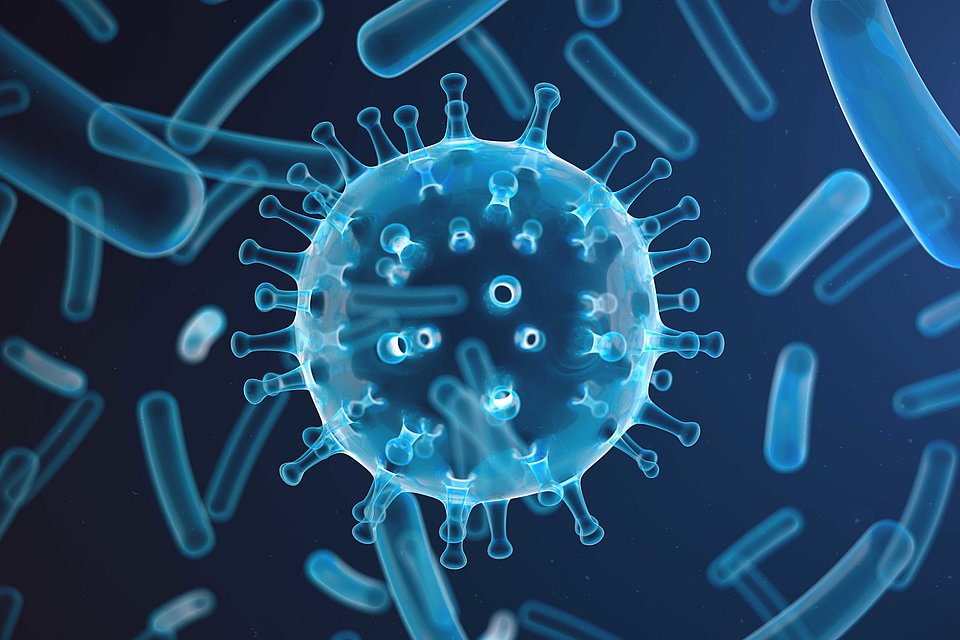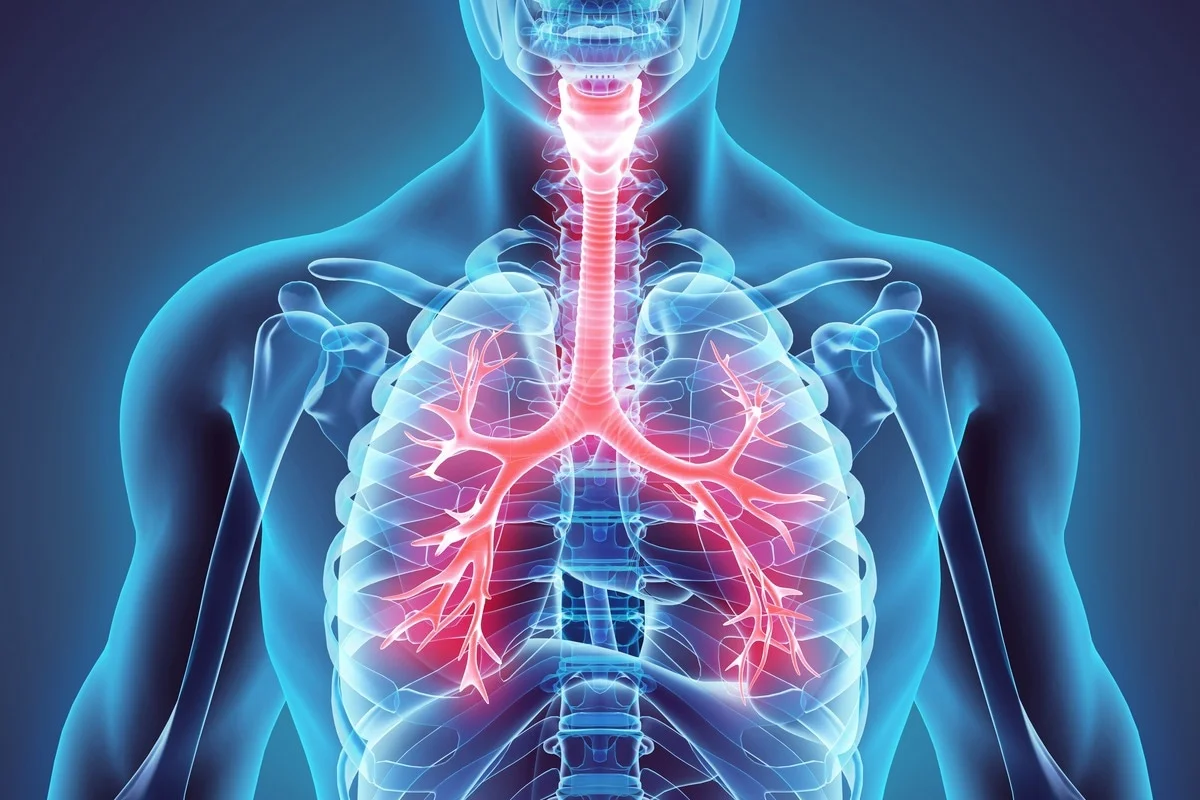Family Physician & Diabetology
- Home
- Family Physician & Diabetology
Infectious Diseases

Infectious diseases are disorders caused by organisms such as bacteria, viruses, parasites. Many organisms live in and on our bodies. They’re normally harmless but under certain conditions, some organisms may cause disease.
Some infectious diseases can be passed from one person to another and some are transmitted by insects or other animals. Many infectious diseases, such as measles and chickenpox can be prevented by vaccines. Frequent hand-washing also helps protect you from most infectious diseases as it can be passed from hand through mouth.
Respiratory Problems

Allergies, asthma, inflammation, and infection are just some of the conditions that can cause a patient to have breathing problems. The right diagnosis and treatment, along with better understanding of the condition, can help patients manage the breathing problems.
Symptoms Of Respiratory Problems
- Chest pain
- Long lasting cough
- Fatigue
Consulting a doctor right away anytime when a patient notices problems while breathing helps in preventing respiratory disease.
Pain Management

Pain management can be simple, complex or severe, depending on the cause of the pain. The condition can be alleviated with a proper treatment and physical therapy.
Types of Pain
Pain is divided into two groups i.e, Nociceptive pain and Neuropathic pain.
- Nociceptive pain: Back, leg, and arm pain is nociceptive pain.
- Neuropathic pain: Neuropathic pain includes complex regional pain syndrome, irritable bowel syndrome etc.
Migraine Treatment

A migraine is a headache which causes severe pain or a pulsing sensation, usually on one side of the head. The migraine attack is mostly accompanied by nausea, vomiting, and extreme sensitivity to light and sound. Migraine attacks can last for hours or more, and the pain can be so severe that it disrupts your daily activities.
The Symptoms Of Migrane
- severe headache
- Headache with fever, stiff neck, double vision, weakness in any part of the body
- A chronic headache that is worse after coughing, exertion, or a sudden movement
- Nausea and vomiting
- Vision loss
Thyroid Treatment

Thyroid disease is a medical condition that keeps the thyroid from making the right amount of hormones. The thyroid typically makes hormones which keep the body functioning normally. There are two types of thyroid. When the body makes too much thyroid hormone, it can develop a condition called hyperthyroidism. When the body makes too little thyroid hormone, it is called hypothyroidism. Both conditions are serious and need to be treated by the doctor immediately after the symptoms have been detected.
B.P. Management

High blood pressure is a condition in which the long-term force of the blood against the artery walls is high enough which may eventually cause health problems, such as heart disease. A blood pressure reading is given in millimeters of mercury.
BP Complications Includes
- Heart attack/stroke: High blood pressure can cause thickening of the arteries, which lead to a heart attack, stroke or other complications.
- Heart failure: To pump blood against the higher pressure in the vessels, the heart has to work harder, which causes the walls of the heart’s pumping chamber to thicken (left ventricular hypertrophy). Eventually, the thickened muscles have a hard time pumping enough blood to meet the body’s needs, which lead to heart failure.
- Kidney dysfunction: Weakened and narrowed blood vessels in kidneys prevent organs from functioning normally.
- Loss of vision: Thickened, narrowed or torn blood vessels in the eyes result in vision loss.
- Trouble with memory or understanding: Uncontrolled high blood pressure affects ability to think, remember and learn. People with high blood pressure has trouble with memory or understanding concepts.
Gastric Disorders

Gastrointestinal conditions are disorders of the digestive system, an extensive and complex system which breaks down food in order to absorb water and extract nutrients, minerals and vitamins for the body’s use, while then removing unabsorbed waste.
Symptoms
- Abdominal discomfort
- Unintentional weight loss
- Vomiting
- Acid reflux
- Nausea
- Diarrhea, constipation
- Loss of appetite
- Difficulty swallowing.
Heart Problems

Heart disease is easier to treat when detected early, one should consult a doctor about the problems regarding heart health. If the patient is concerned about developing heart disease, talk to the doctor about steps that can be taken to reduce the heart disease risk. This is especially important if the patient has a family history of heart disease.
Vaccination & Check-Up

Routine check-up is necessary after every particular interval of time. One should do a routine check-up of their body to detect any complications or to avoid problems related to their health at an early stage. Early detection of health problems can be treated easily through proper medications. Routine check up and consulting a doctor is very important to lead a healthy life. One should go with all the vaccination as prescribed by the doctor.

